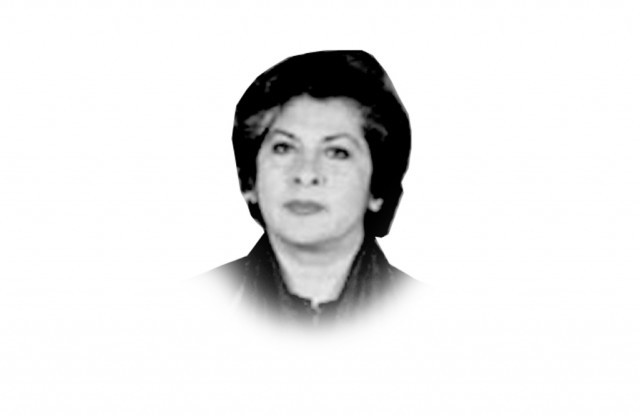Down with dengue in the flood-affected areas
While working for flood relief at Jhang some days ago I came down with dengue/malaria fever.

Local doctors in the flood-affected areas are short of required medicines and are having to cope with outbreaks of typhoid, cholera and dengue/malaria. The WHO personnel in our country have their work cut out for them, to supply the much-needed drugs to the flood-affected districts, to liase effectively with the district administrations, to mobilise the medics available locally and to ensure that the drugs are not sold to private clinics because that would mean that the whole purpose of donating them would be defeated.
Before the fever hit me, my faith in the inherent goodness of human nature was reaffirmed when I was distributing relief goods among flood victims since, by and large, they were honest and precise about what losses they had incurred, and they took the tents and cartons of biscuits being handed to them in a fairly orderly manner. It was when the cash was being distributed to the women and children that order broke down somewhat, understandably, as the children were too many, and their mothers clearly driven by deep insecurity. Dr Rizwana from the Syed Abid Hussain Memorial Trust Hospital at Jhang was absolutely heroic as she sought to motivate the mothers to get themselves and their children vaccinated with the vaccines that we had procured for them.
As I shivered with the onset of the dengue, fleeing to Lahore under the doctor’s advice, an equally-shivering Fakhar Imam joined me there. He was however lucky because malaria allows for a far quicker recovery as opposed to dengue which takes longer. In our misery, we both received scores of phone calls, from supporters in our respective districts, telling us that a large number of people were running high fevers, shivering and heaped under blankets or quilts, in this hot and humid weather. Most of our district officers were slow in the relief effort because the majority of them were too young when we had had our last mega-flood some 22 years ago. There was little guidance available, no manuals to refer to and no seniors to consult. What we did however see were seemingly messianic anchors accusatory in the extreme, relentlessly harping on the absence of administration, on VIP visitors seeking protocol and so on.
The district administrations have had few to cheer them along. The public representatives are often nowhere to be found and this only adds to the public criticism of the government response.
Local doctors have worked sporadically thus far but the epidemics can be contained by them if they are given the required support. One of the many things that the floods have brought up is that we have our fair share of armchair critics and pundits but sadly they lack a sense of proportion.
Published in The Express Tribune, September 6th, 2010.















COMMENTS
Comments are moderated and generally will be posted if they are on-topic and not abusive.
For more information, please see our Comments FAQ